The chase to localise is a global phenomenon. Ashish Bhatia gauges the pursuit for that edge.
It has been over four years since the COVID-19 pandemic caused significant changes in shopfloors and manufacturing processes. As a result of supply-chain bottlenecks, concepts such as ‘Just-In-Case’ have been adopted instead of the ‘Just-In-Time’ approach from the previous benchmark. Manufacturers have invested in automation to increase production volumes without compromising quality and to reduce dependencies. Decentralisation of procurement hubs and building a diverse vendor base with the plus one strategy has been a priority. Due to increasing protectionism, some manufacturers are reconsidering localisation levels in the age of contractual manufacturing and outsourcing.
Tier suppliers globally
India is banking on the PLI scheme for Advanced Automotive Technology (AAT), with a budgetary outlay of Rs. 25,938 crore for five years (FY2022-23 to FY2026-27). This is expected to enable the creation of domestic as well as global supply chains. The National Programme on Advanced Chemistry Cell (ACC) Battery storage was approved by the Union Cabinet on 12.05.2021 and is known to have a budgetary outlay of Rs. 18,100 crore. It is expected to strengthen the ecosystem for electric mobility and battery storage in the country. The scheme envisages enhancing India’s manufacturing capabilities of ACC by setting up of Giga scale ACC and battery manufacturing facilities in India with emphasis on maximum domestic value addition to promoting the ‘Make in India’ initiative.
In April, Luman Auto’s new Pantnagar plant in friction product manufacturing like brake pads and brake liners is claimed to be a validated facility sourced from global globally respected suppliers. Global technology leaders like PACCAR India Pvt. Ltd. have set up base in India and continue to expand the footprint. At Balewadi, Pune for instance, the company has inaugurated a new office in late 2023. The company supports premium light- medium- and heavy-duty trucks under AF, Peterbilt, and Kenworth. Back in 2011, the company launched the PACCAR India Technical Center with partner KPIT with a focus on engineering, IT and component sourcing for worldwide production and aftermarket operations.
As per a McKinsey study, in Europe and North America, BEVs are among the fastest-growing segments. To cater to its needs, 200 new battery cell factories could be built by 2030. The market for cathodes and anodes, separators, electrolytes, and cell packaging is expected to grow by 19 per cent per annum until 2030.
In Nigeria, key stakeholders of the automotive sector are reported to have converged on Abuja to interact with officials of the Federal Ministry of Industry, Trade and Investment and the National Automotive Design and Development Council (NADDC). Convened by the ministry with select industry players in attendance, the focus was on bettering the nation’s economy. Chief Anselm Ilekuba, Co-ordinator/ Liaison, Auto Component Manufacturers Association of Nigeria (ALCMAN) is said to have urged the stakeholders to join hands in reviving automotive component manufacturing in Nigeria. From procuring 40 per cent of components locally in the 1980s, the figure has dropped to under 10 per cent today. At its peak, glasses, tyres, batteries, brake pads, foam and seats, exhaust systems, electric cables, and many more, were produced locally and supplied to local assembly plants, like PAN Nigeria, Kaduna; ANAMMCO, Enugu; and Volkswagen, Lagos, and others as per reports. The need of the hour is to identify local raw material sources and suppliers of these to the component manufacturers.
The National Association of Automotive Component and Allied Manufacturers (NAACAM), in partnership with the International Finance Corporation (IFC), in 2023 launched and demonstrated the Localisation Optimisation Opportunity Platform (LOOP), a ‘matchmaking’ platform developed by the two entities to meet the procurement needs of OEMs and tier-one component suppliers to drive localisation.
In Kazakhstan, at a conference in Astana, the localisation of automotive components production was touched upon. It is reported that Kazakh and foreign investors are currently channelling more than USD 900 mn to organise auto components manufacturing. The need to gradually increase the production of vehicles using the Completely Knocked Down (CKD) method from 20 per cent of the overall vehicles produced in 2024 up to 50 per cent in 2027 was touched upon.
Projects as of current are known to target the production of exhaust systems, bumpers, sandwich panels, polyurethane mats and plastic parts, multimedia, seats, wheels, tyres, cylinder heads, mechanical gearboxes, and batteries,” Suyunbaev said. In 2023, the production of passenger and commercial vehicles in Kazakhstan is reported to have increased by 30 per cent. The share of domestically assembled cars in the market is pegged at 70.7 per cent for the same period. The assembly includes brands like Chevrolet, Lada, Kia, Renault, JAC, Hyundai, Golden Dragon, Shacman, Dongfeng, Daewoo, Yutong, and Iveco.
OEMs globally
TSLA.O is Tesla’s new vehicle assembly system, unveiled earlier in 2023. Claimed to hold a high potential in lowering production costs it is deemed as the process capable of simplifying and significantly lowering Tesla costs. This space is being closely watched for execution as the latter looks to set up a manufacturing facility in a preferred India state more of which will be known in the coming days as Musk plans his India visit post-elections. The unbox process holds the potential to cut production costs in half and reduce the factory footprint by 40 per cent. The new technique-driven assembly is set to be fully tested in 2024 at the new USD five billion Tesla plant in Monterrey, Mexico, which is where the OEM made public its intent to build a new generation of sub-USD 30,000 EVs. The challenge is to attain cost reduction with in-house designed controllers, and cheaper, more scalable drive units as an example.
In the CV segment, Volvo Buses decided to change its business model in Europe, following its success in global markets. The company will now focus on producing chassis and work with external bodybuilders to provide customers in Europe with a complete range of city and intercity buses, as well as coaches for the premium segment. This new business model is the same as the one used successfully in several other markets. As a result of this decision, Volvo Buses decided to close its bodybuilding factory in Wroclaw, Poland, during the first quarter of 2024 (Q1-2024). ACI


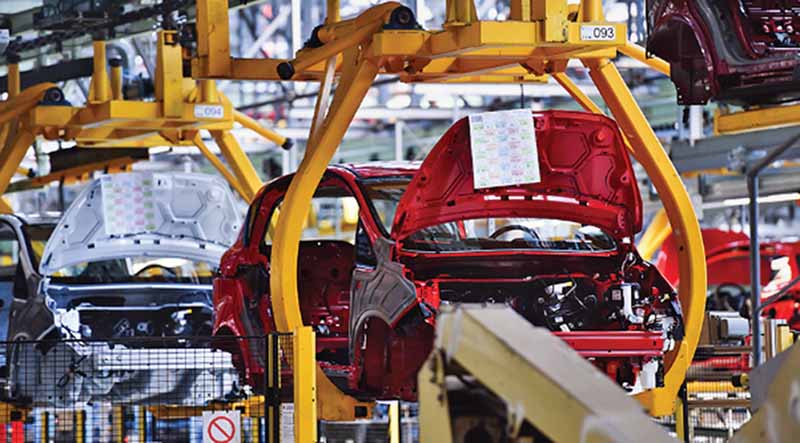
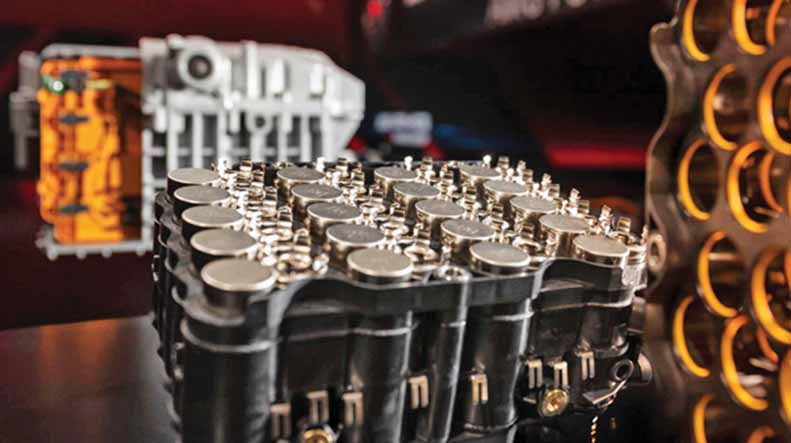

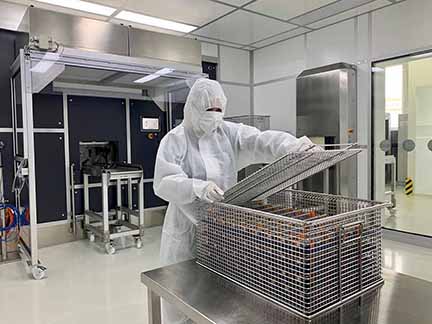
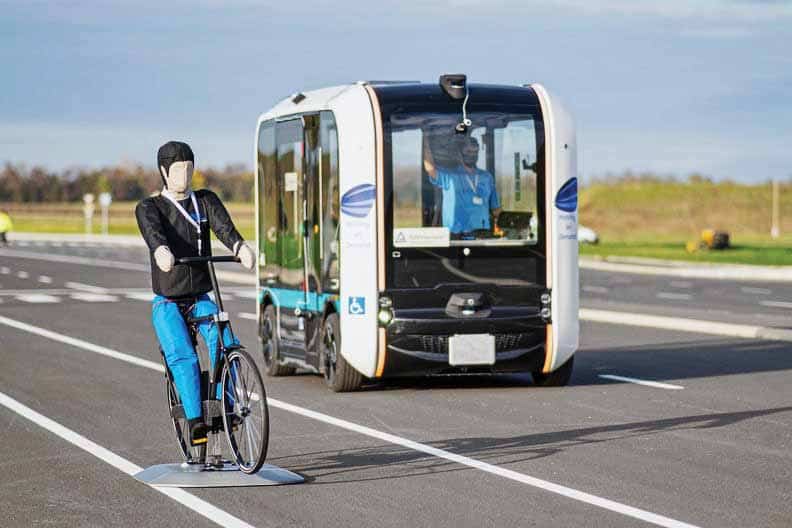
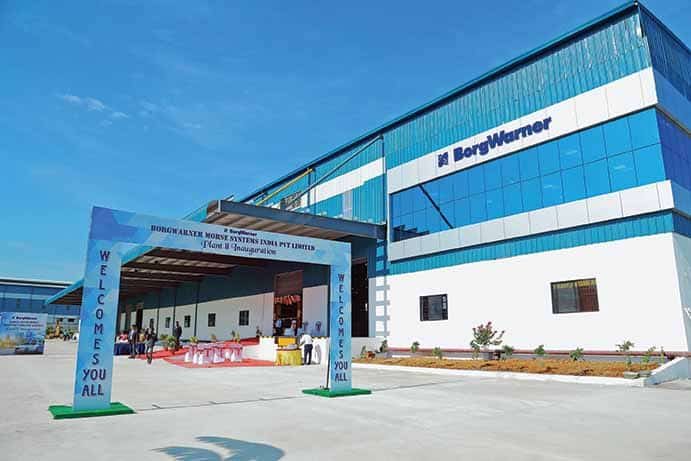
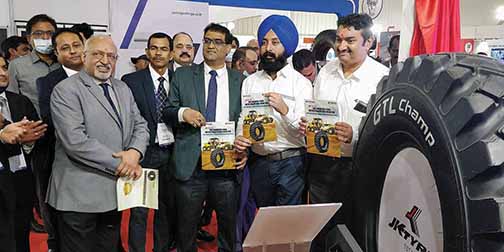
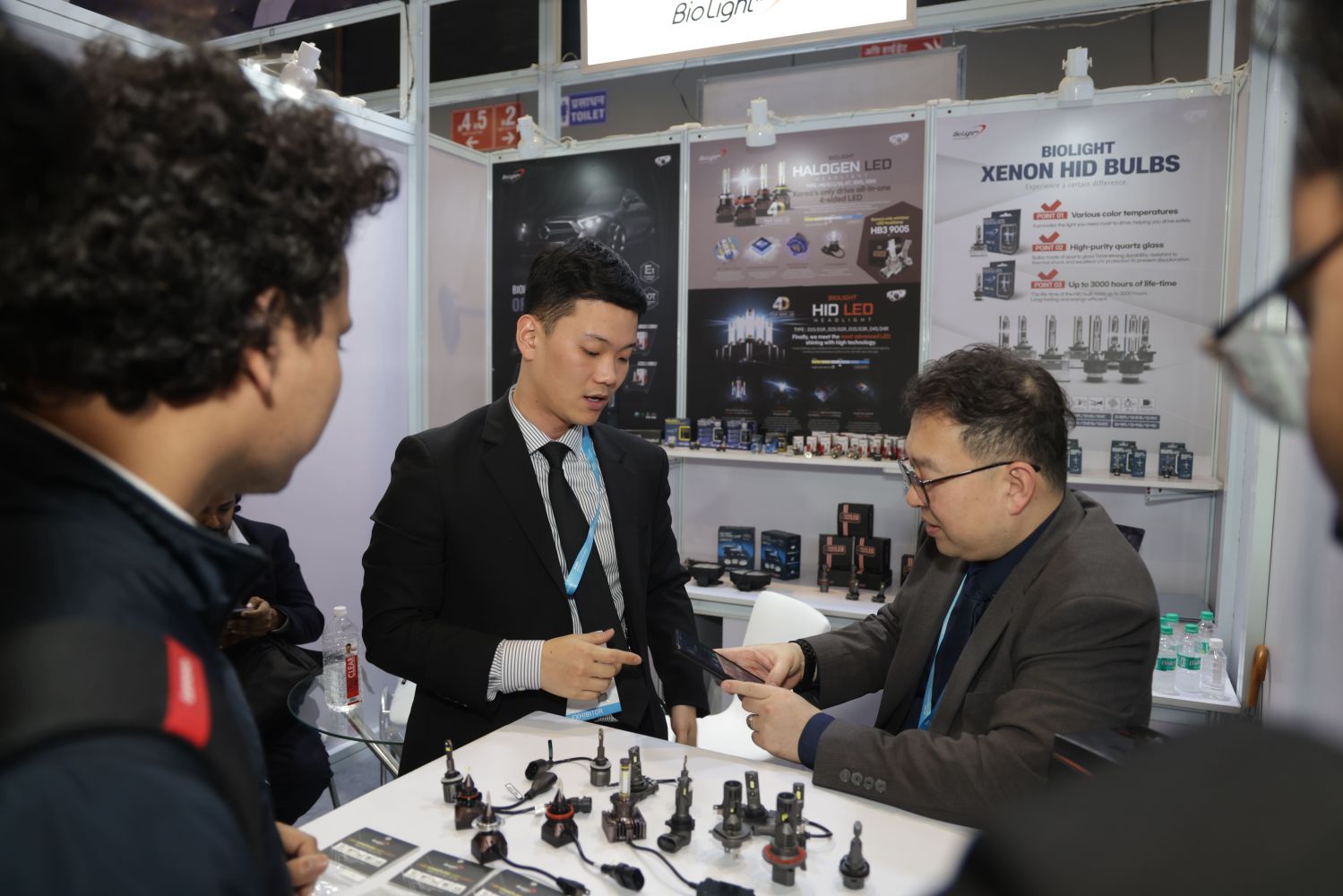
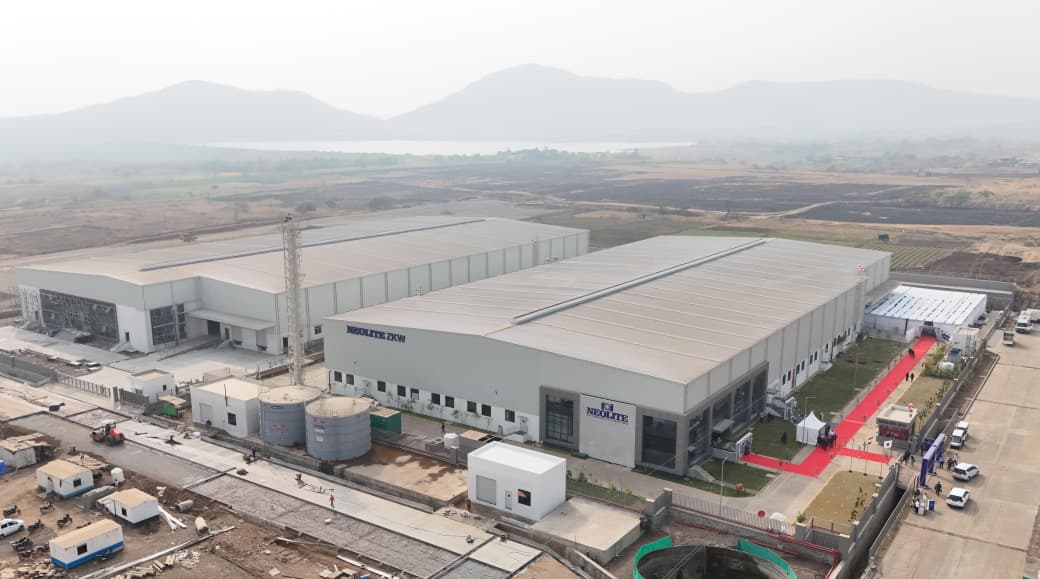
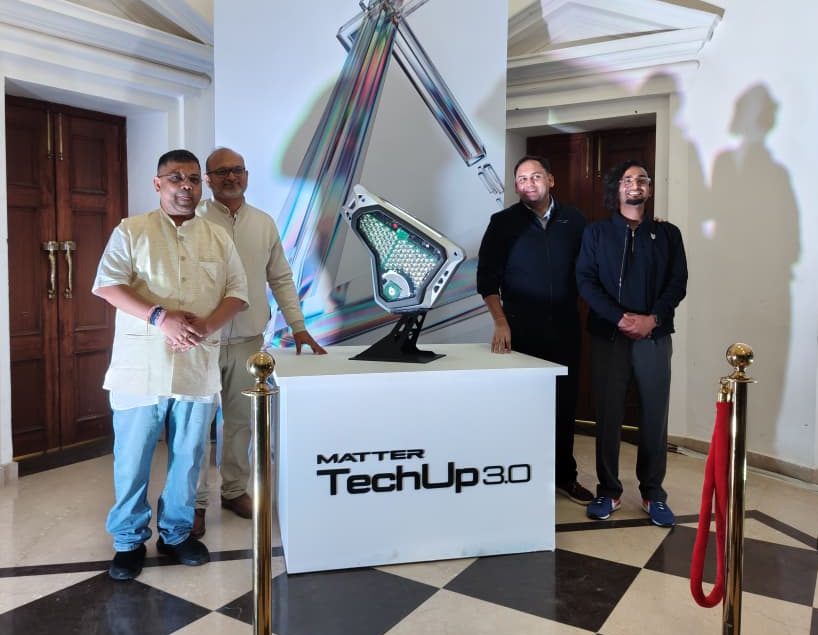
Leave a Reply